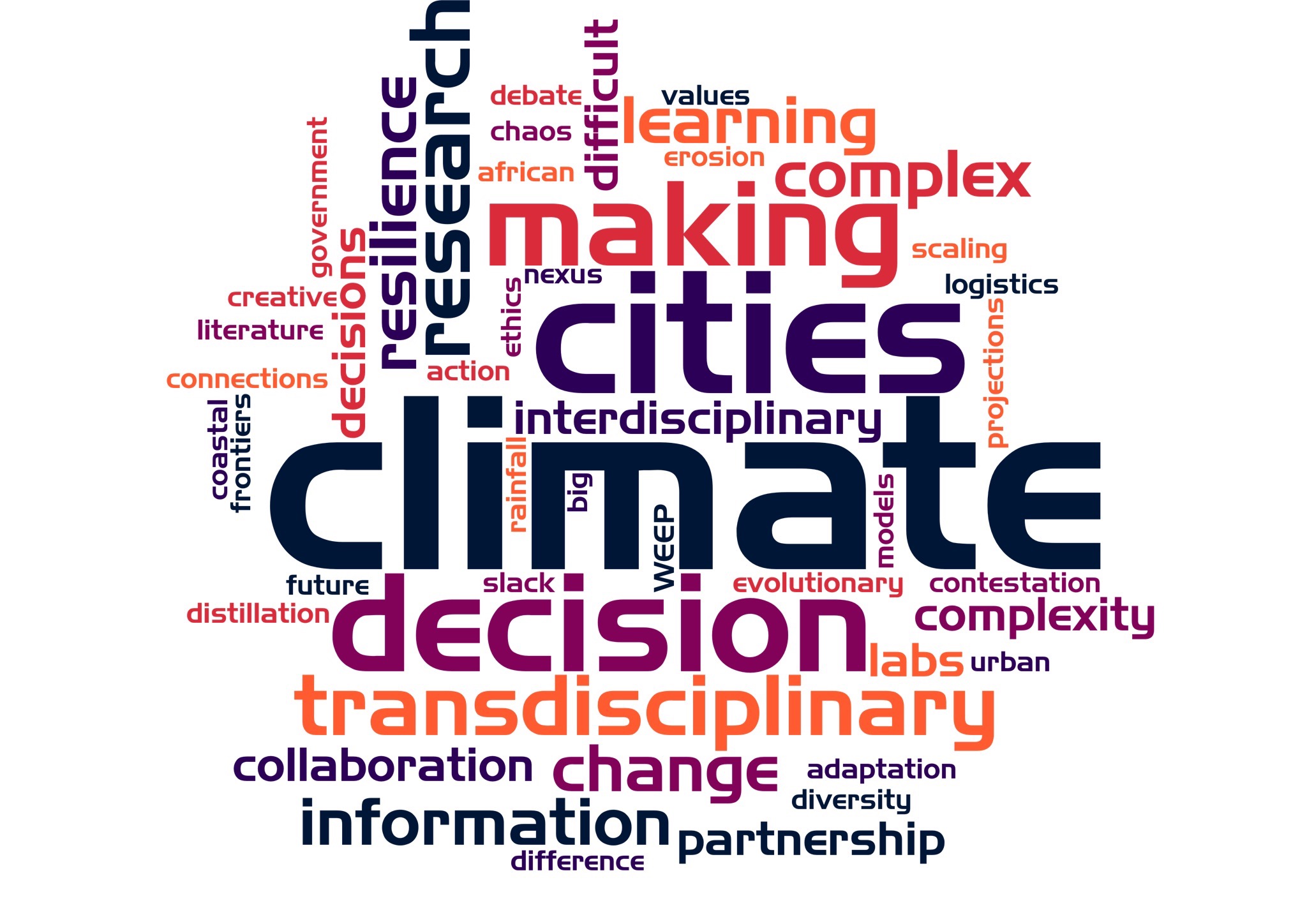The overarching aim of the Future Resilience For African Cities and Lands (FRACTAL) project is to address the challenge of providing accessible, timely, applicable and defensible climate information that is needed by decision-makers that are operating at the city regional scale in Southern Africa to make “good” decisions. This aim will be achieved through a transdisciplinary learning approach to advance knowledge of climate science, and integrate this knowledge into policy and decision making. To this end, a multitude of stakeholders including government representatives, engineers and researchers will work together to co-produce relevant knowledge that will support resilient development pathways in three Tier 1 cities (Lusaka, Maputo and Windhoek), three Tier 2 cities (Blantyre, Gaborone and Harare) and two self-funded cities (Cape Town, eThekwini and Johannesburg).
One of the main scientific problems for understanding Southern Africa’s climate is that different models give contradictory scenarios for climate trends over the next 5–40 years. To overcome this challenge, FRACTAL’s team will contribute to advancing understanding of regional climate systems, and consolidate messages for decision-makers about regional and local climate trends. The challenge in this context is to facilitate processes that increase the connections between various types of knowledge and the people or organizations that hold the knowledge. The response to this challenge is to create and facilitate opportunities for the co-exploration of climate information pertaining to the city region between climate scientists and those tasked with advising on and making various urban development and resource management decisions (including political representatives, senior public administrators and technical advisors).
FRACTAL will establish “third space” environments where these transdisciplinary engagements will take place to co-produce relevant knowledge. In Tier 1 and self-funded cities, Learning Labs will be held to facilitate the process of understanding between the various stakeholders mentioned above, and to support discussions around possible solutions. Researchers will also be embedded within the organizations where city regional decisions are made to undertake mutually beneficial research at the city-region scale. This research will focus on improving understanding of the scientific climate information that is needed, and how this information can most effectively be brought to bear within these local decision-making processes. Research that focusses on transferability of relevant knowledge will be undertaken in Tier 2 cities. Ongoing communication between all project partners will promote an iterative, reflective learning process that will support the development of applicable climate science that will support resilient development pathways in Southern African city regions.

